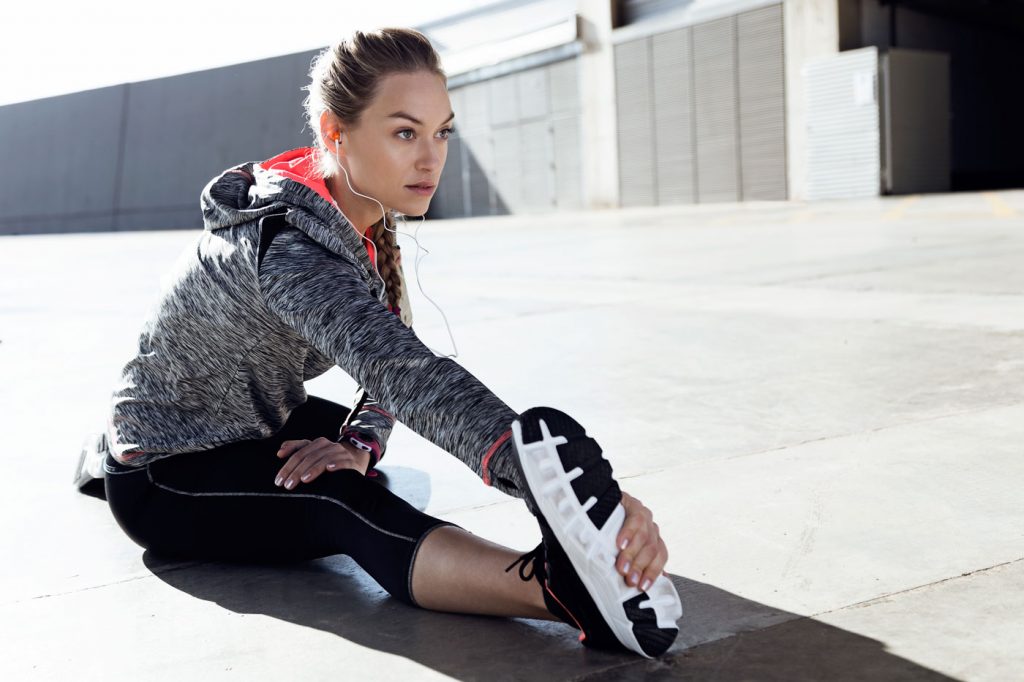False myths about sport
In the sport world, there is a very fine line between fact and fiction.

In the sport world, there is a very fine line between fact and fiction.

As we often repeat, sport and physical activity are real allies for our health and both physical and mental well-being. Regular physical activity is also good for the mind and puts us at ease with our body. However, the world of sport is filled with false myths. They aren’t important enough to be widely discredited and they can be used to make people and teams we don’t like look bad, and people we do like look good. It’s no secret that several myths persist in the world of sport and we will try to disprove some of the wilder and more harmful ones in this article.

This, more than a myth, it is more of an alibi to eat everything that is put in front of you. It is true that if you practice any type of sport you consume more energy and burn more calories, so you will be able to eat more than if you did not… However, if you eat more than you spend, you will not lose weight; on the contrary, you will get fat.
It is of course possible to have success in sports that aren’t enjoyable, it’s true. But how far can you actually get? To really be successful, the athlete has to crave the sport. The enjoyment and pleasure sports bring can help an individual adopt new skills, and develop grit, perseverance, and hard work.
Sweating doesn’t mean burning calories. By sweating, in fact, we do not lose calories but liquids and with them salts and vitamins. To get it all back, simply drink and replenish lost fluids. By drinking or eating, the weight will be instantly restored (as it should be).
Running is not the best way to lose weight, or at least not as we expect. Running or walking can help our body to dispose of some elements but they are not slimming. Above all, these activities must really be carried out consistently and in the long term to get the best out of them.
You should not feel pain when you exercise or practice a sport. It’s okay to push yourself and be uncomfortable and even a little sore, but you should never be in pain. Just remember to listen to your body. It will tell you when you are doing too much.
That soreness you get a day or two after working out is called DOMS (delayed-onset muscle soreness,) and the belief that it’s caused by lactic acid building up in your muscles while you exercise is false. that soreness is actually caused by tears in your muscle that occur as you exercise — especially if you’re just starting an exercise regimen or a new sport.
Sports drinks are important for improving performance in high-intensity exercise that lasts longer than an hour, such as a marathon or triathlon. For lower intensity or shorter duration exercise sports drinks are not needed. In fact, if you are exercising with the goal of losing weight, the calories in the sports drink you consume might offset the calories you burned during exercise.
There are pro and anti-stretching arguments, with staunch support on both sides, but the confusion about stretching comes down to the fact that many confuse “stretching” with “warming up”. It’s very important to warm up before strenuous exercise, and warming up can prevent injury, but stretching specifically has been shown to actually have little benefit.
Women have too much estrogen to build large amounts of bulk. Strength training is very important for women as it helps prevent bone loss and can increase bone density. Strength training also helps decrease body fat, increase lean muscle mass and burn calories more efficiently.
Mental toughness is developed through overcoming small challenges on an everyday basis, otherwise known as being resilient. Consistently pushing yourself out of your comfort zone can train your mind to fight through those inevitable challenges. Choose to take the longer path when it would be easier to take a break.
This myth can actually severely damage young athletes’ mentality and love for the sport. It ignores many components of development for the athlete’s athletic abilities. Not only does training time determine athletic performance, but coaching, passion, enjoyment, and talent all play a huge role in the growth of becoming a successful athlete.
